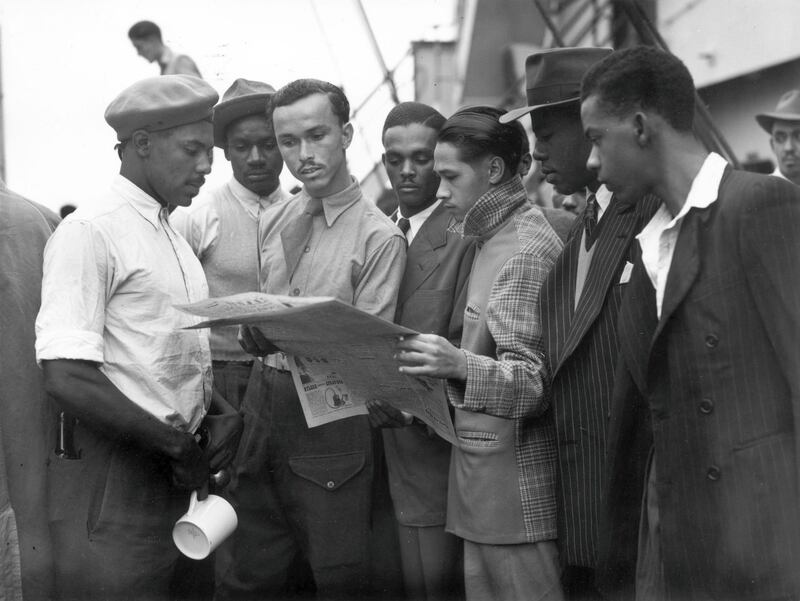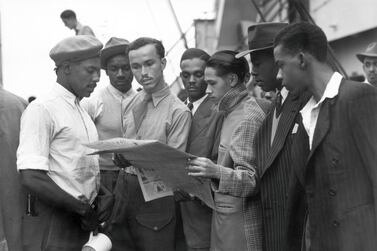Britain has almost doubled its Windrush compensation programme after complaints the sum awarded to victims was woeful.
Thousands of people born in the Commonwealth migrated legally to the UK as children in the 1950s and ’60s, but many were wrongfully detained, denied legal advice and threatened with deportation.
Home Secretary Priti Patel admitted members of the Windrush generation were repeatedly failed after being wrongly classified as illegal immigrants.
The UK set up the Windrush Compensation Scheme in 2019, through which more than £14 million ($19.7m) in compensation has been paid.
But the government announced an additional £12 million would be made available.
In March alone, about £8m compensation was paid, more than doubling the amount of the the 20 months since the scheme was launched.
“The Windrush generation were repeatedly failed by successive governments and faced appalling treatment,” Ms Patel said.
“I have always said that I will listen and act to help those who suffered terrible injustices, and have been resolute in my determination to make sure they are fairly compensated.
“I overhauled the scheme last year and I am pleased to see we have now paid £14.3m in compensation. These changes are already having a real impact on people’s lives, with significantly more money being paid more quickly.”
Published statistics show that to the end of March 2021, the Home Office paid £14.3m to 633 people, £12.3m of which was released since December.
The sharp increase was driven by significant changes to the initiative. It now allows people to receive a minimum of £10,000 compensation – 40 times greater than previously.
In addition, the Home Office distributed the first round of grants from the Windrush Community Fund, which allows organisations to bid up to £25,000 to ensure all those affected are made aware of the support available.
It has now awarded 14 charities and grassroots organisations grants of between £2,500 to £25,000.
One group to receive funding is the Derby West Indian Community Association, in central England, which will generate awareness of the scheme through live and online events and hold an art exhibition at its headquarters and at Derby Museum.
It will host drop-in sessions at which members of the public can share experiences, and raise the profile of the compensation programme by networking with carnivals and other events that are popular among people from Commonwealth countries.
Another body to benefit is the African Pot Project in Manchester, a group that promotes social inclusion by working with people of African origin.
It said it would use the money to create animated films for African, Caribbean and other community groups, and promote these across social media channels.
Many members of the Windrush Generation came to Britain in 1948 after the government advertised in Commonwealth nations, mainly those in the Caribbean, for workers to help rebuild houses damaged during the Second World War.
They arrived on the Empire Windrush ship, which anchored at Tilbury Docks, Essex, near London.
Phase two of the Windrush Community Fund is now open for applications from organisations until June 30.







